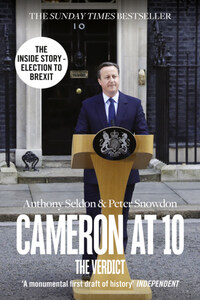The Ideas That Shaped Post-War Britain

The seventy years since the end of the Second World War have seen dramatic changes in Britain’s cultural, intellectual and political climate. Old class allegiances have been challenged by new loyalties to gender, ethnicity, religion or lifestyle and a new sensibility of self-fulfilment – sometimes hedonistic, sometimes altruistic – has been born.There have been equally seismic shifts in political ideology and public policy in this period. The Labour government of 1945 came to power with an ambitious collectivist programme, involving a planned economy and a cradle-to-grave welfare state. By 1979 the welfare state was widely attacked as a nanny state and economic planning had been discredited. The ascendant New Right sought instead to return to the economic liberalism of the last century while the Left seemed divided and in comprehensive retreat. The 1990s have seen yet another shift – away from the unbridled individualism of the Thatcher years towards a new emphasis on community, civic duty and mutual obligation.In 'The Ideas that Shaped Post-War Britain', writers of the stature of James Bulpitt, Peter Clarke, José Harris, Albert Hirschman, David Marquand, Geoff Mulgan, Chris Pierson, Raymond Plant, Anthony Seldon, Robert Skidelsky and Robert Taylor give novel interpretations of this paradoxical evolution. They show how ideas once thought beyond the pale – privatisation, marketization, anti-trade union legislation – came to be seen as the norm in the 1980s, only to be challenged in turn in the 1990s, and relate these changes in the climate of ideas to transformations in the social sphere – the end of ‘jobs for life’, new sexual and cultural identities, the crises in relations between the leaders and the led. Fresh, unique and brilliantly well written, 'The Ideas that Shaped Post-War Britain' is an indispensable companion for anyone seeking to understand the course Britain has plotted in the second half of the twentieth century.









